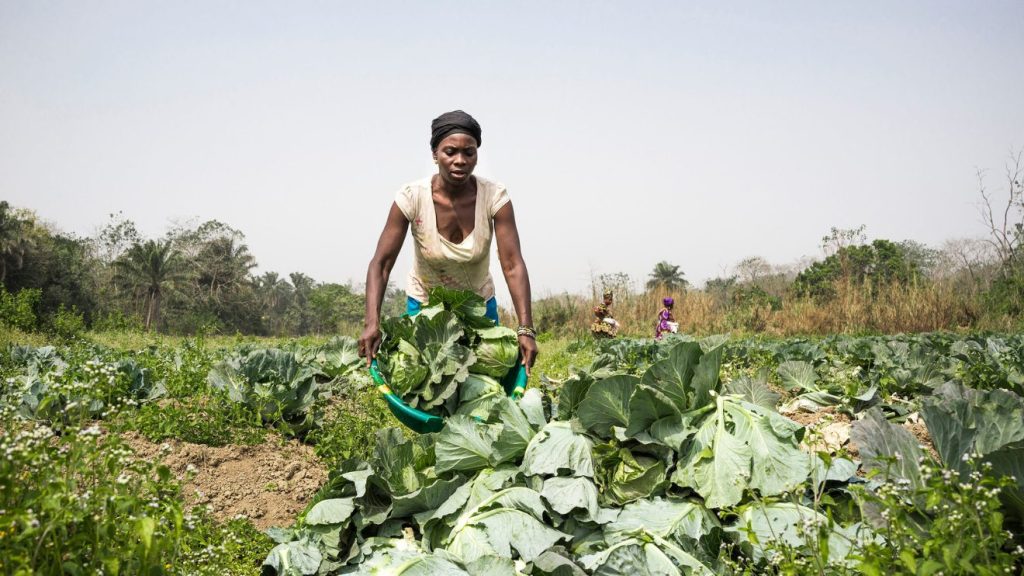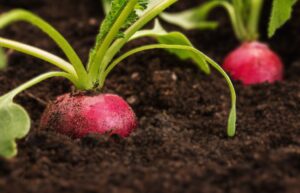Will these changes ensure safer food on your table, or will they shrink your grocery list?
A looming government regulation threatens to shake up the supply of vegetables and fruits in Kenya, leaving many families wondering what this means for their dinner tables. The new rules, part of the Kenya Standard 1758 (KS1758), could ban over three million smallholder farmers from selling their produce unless they meet strict new requirements.
Under the regulations, only large-scale farmers, companies, and importers will be allowed to supply fruits and vegetables. Small farmers will need certifications, environmental licenses, and regular soil and water tests—costly procedures that may price them out of the market.
“This is the harshest regulation we’ve ever seen for farmers,” one anonymous horticultural farmer from Makueni told Farmbiz Africa. “It could cost me over Sh250,000 to meet all these new standards, and I make less than Sh8,000 a month from my farm. How am I supposed to survive?”
“Smallholder farmers cannot afford this,” says a report by international NGO CABI, which found that most individual farmers would struggle to cover these costs.
The regulations, presented as a food safety measure, will require farmers to apply for licenses from the National Environment Management Authority (NEMA), conduct costly tests, and keep extensive records of their farming activities. “Smallholder farmers cannot afford this,” says a report by international NGO CABI, which found that most individual farmers would struggle to cover these costs.
“Farmers will be required to apply for NEMA licences to grow vegetables at a minimum cost of Sh10,000 per licence, carry out soil and water analyses at a cost of Sh2,500 to Sh5,000, pay for certification with a national or international standards certifier, and prepare dozens more records, including analysing the nutrient content of any compost or manure they use.”
While the government claims the rules are necessary for consumer protection, many fear they could disrupt the country’s food supply. “If farmers are cut off, prices will rise, and there will be less variety in our markets,” says Jane Wanjiru, a vegetable seller in Nairobi. “This will definitely affect families that rely on affordable fresh produce.”

The Agriculture and Food Authority (AFA) has clarified that only large-scale farmers will need environmental licenses. “This is aimed at ensuring sustainable farming and conservation of the environment,” says Collins Otieno, a spokesman for the Horticultural Crop Directorate (HCD). However, all farmers will still need to meet the stringent KS1758 standards if they want to sell their produce in the market.
For now, the impact remains uncertain. The key question: Will these changes ensure safer food on your table, or will they shrink your grocery list? Will your family still have access to affordable, safe vegetables, or will these regulations push small farmers out of business and drive up prices at the market?
As Wanjiru puts it, “If this goes through, everyone will feel it, from the farmer to the family trying to put food on the table.”



